Last day of retreat, a period of silence comes to an end. Yesterday with family, taking a walk from the church to the accompanying parish cemetery, I found myself whispering to my sister-in-law. The silence is contagious, infectious and pleasing. The silence reposes, leaving a lasting an impression. I contrast the silence with last night’s prayer service, a unique matter I am curious to observe my espousing upon. I am not sure how I will report the experience as I engage the effort. Many thoughts comingle. A decreasing in thought being employed for an increasing in Christ.
In the chapel, before the Eucharist, all attending aware and honoring the presence of Christ within the tabernacle, we held a Taize prayer/singing ceremony. The Taize community created their own cross based upon a modern rendering of St Francis’ Cross of Damiano. During the ceremony, the cross is rested horizontally, a centerpiece, while small candles are strewn throughout. Candlelight alone illuminates. There is structure to the ceremony, for us lyrics and an outline supplied. In preparation, a small group of us practiced throughout the week. I was given the responsibility of reading prayer intentions during the ‘Kyrie Kyre eliason’. The sisters all wrote prayer intentions, placing them in a basket. I was honored, nervous, fighting tears, during my reading. Humbly, I was proud of my effort, heartfelt and inclusive in my rendering. Think about it. These sisters, the majority serving as religious sisters for multiple decades, gave their prayers to me to read before the Eucharist. Honestly!!! You expect me to do anything aside from tremble and fight tears from nervousness. I noticed the priest saying mass at St Bernardines, the main church in the retirement home, gave me a nod of his head, responding with a resounding ‘Lord’s prayer’, the song immediately following prayer intentions.
The approval possessed a deeper significance. My first day in mass, I sat with my friend Ann, the Taize enthusiast, right up front. During his homily on authentic faith, praising the maturity of the sisters, the priest looked directly at me, emphasizing his pronunciation of the word ‘pretenders’ when calling into question a faith of pomp and circumstance. Inwardly I smiled, thinking, ‘come on father, what did I do?’ Knowing in my heart, I would like the priest. Later in the week, he gave an excellent homily on being a brother or sister to everyone, embracing one of the most emotional stories of scripture, that being, Joseph, as an Egyptian ruler, unmasking himself before his brothers. The priest told of a Chicago archbishop who used the Biblically revealing moment as an introduction when speaking to diocesan priests. He was the archbishop of Chicago, overseeing a thousand plus priests, the numbers demanding impossibility regarding intimacy. When speaking to a group, the bishop would strip himself of an elevated position by calling himself Joseph, uttering the scriptural words of Joseph: “I am Joseph; is my father still alive?” The priest also demonstrated his opinionated side as he stressed the difficulty in recognizing everyone as a brother, because that meant he had to acknowledge Donald Trump as a brother.
Back to the Taize performance, being opinionated, allowing something greater to emerge, a comment on the unconventional method of prayer. The Taize community in France is producing tremendous results amongst not only the European youth, yet young people throughout the world. Young people gather with the religious brothers singing the emotionally powerful chants, proficiently allowing improvisations, inspiring solos, various pitches and keys employed, during the long renditions. Think of early jazz jam sessions, or a modern jam band, or drum circle gathering. The ceremonies are passionate moments of surrendering, the communal opening of individual hearts, creating vulnerability, a longing and need for Christ. During closing sessions attendees are invited to retrieve a candle and set it upon the cross. Placing the candle at the cross represents an unloading, an unburdening, a plea for forgiveness, or whatever petition is heavy upon the heart. The young people kneel at the cross, weeping, many collapsing. Brothers are stationed around the ceremony for consoling. Priest for hearing confessions. In an ever growing secular Europe, in a world in which the church’s inability to connect with young people challenges, even with the rising popularity of Pope Francis, based upon the embracing of founder Brother Roger by previous popes, I assert how can anyone question what is being done in Taize? Beyond that, I know I thoroughly enjoyed the Taize ceremony. I end stressing the overall cleansing, the broadening of faith, I experienced this week. A message resonates, demanding to be pronounced: ‘Lose the opinions, the need to be right. Embrace Catholicism, through surrendering, weakness, vulnerability, opening, and prayer in order to become holy, allow the transformation to transpire.’
My spiritual director and I have fashioned a bond of affection. Just to see her elicits a smile within my inner most being. She is maybe the most liberal practioner of Catholicism I have ever met. I love her. Our final session she led me through a guided meditation, a walk through a forest, resting at a waterfall, Jesus washing my feet, Jesus placing his hand upon my head, a healing spreading throughout my body, going for a simple walk with Jesus along a river. It was magnificent. Glorious. I was fully engaged. I will miss her voice that washes over me, blows across my consciousness with a gentle breeze. Before the meditative meandering, she read to me Sunday’s second reading, the Epistle of Paul to the Ephesians 1:3-14:.
Blessed be the God and Father of our Lord Jesus Christ,
who has blessed us in Christ
with every spiritual blessing in the heavens,
as he chose us in him, before the foundation of the world,
to be holy and without blemish before him.
In love he destined us for adoption to himself through Jesus Christ,
in accord with the favor of his will,
for the praise of the glory of his grace
that he granted us in the beloved.
In him we have redemption by his blood,
the forgiveness of transgressions,
in accord with the riches of his grace that he lavished upon us.
In all wisdom and insight, he has made known to us
the mystery of his will in accord with his favor
that he set forth in him as a plan for the fullness of times,
to sum up all things in Christ, in heaven and on earth.
In him we were also chosen,
destined in accord with the purpose of the One
who accomplishes all things according to the intention of his will,
so that we might exist for the praise of his glory,
we who first hoped in Christ.
In him you also, who have heard the word of truth,
the gospel of your salvation, and have believed in him,
were sealed with the promised holy Spirit,
which is the first installment of our inheritance
toward redemption as God’s possession, to the praise of his glory.
She stressed her focus upon the verbs: blessed, destined, granted, lavished, made known, chosen, hoped, heard, believed, promised. After her reading, she asked what do you think James. Absolutely sincere, I said the only word that came to mind: GLORIOUS. A radiating smiled spread across her continence, she said, ‘James that is perfect. Yes it is glorious’. I am considering a retreat next year just to spend the week with her, able to explore what has happened throughout the year. I also respect the fact there is a distance between us, interaction is not superficially polite or over-friendly. We do not interact in a manner focused on liking one another, opting for the striving for a greater love. She is big on experiencing God within nature, through our senses, my hackneyed poem as I call it, is her influence. She beams when speaking of Pope Francis’ encyclical, providing me with quotes from saints declaring the wonder of the world around us. She read to me St Francis’ ‘Canticle of the Sun’, absolutely beaming as she espouses upon the worshipping of nature. I just posted her photo. To see her eyes brings joy. There is life in those eyes. Excuse the poor quality. I magnified the photo, convinced her spirit comes through in the image.
I must add something. I just received communion from sister. During mass the priest spoke confidently to the sisters, speaking of a sensitive personal issue, a scandal of devastating depth. He followed with a story of a hunting tournament with his dog. His dog, upon command, conducted a disqualifying act right at the beginning of the competition. He told the story because he realized he made a mistake without feeling like a mistake himself. The moment was a first. At seventy years of age, throughout a life of religious service, he always felt like a mistake. Improperly signaling to his dog, committing a mistake that ruined months of training, proved healing when he simply swallowed his pride, understanding it was nothing more than a mistake. He was not a mistake. God unconditionally loved him. The mindset was revolutionary for him. He could make mistakes, yet he was not a mistake. I sat in mass, receiving communion from Sister Patricia Meyer, feeling like a mistake, a part of me convinced I did not belong there with the sisters. Yet that was not truth. The sisters welcomed me. Sister Patricia behaved saintly towards me, complimenting me, telling me it took a mature faith to fit in so cleanly and nicely as I did throughout the week. She could see the other sisters felt comfortable around me, assuring me that was not an easy thing for a man to do. She praised me for all the insights I gave her. I made every attempt at humility, saying as little as possible during our meetings, focused upon listening, honestly concentrating my energy not to try and impress her, yet here she was sincerely thanking me for providing her with wisdom and understanding. She meant every word. The woman is a hundred and ten percent authentic, genuinely a transformed and holy religious woman. I know a holy person when I meet one and she is one.
I easily identify with the healing powers of nature, relating matters to my earliest time of recovery with Ann. Ann’s condominium pleasantly rests within a majestic setting. There is a quarry a stone’s throw away, a treescape for a view, animals abounding, a multitude of birds singing, colors abiding: blue-jays, cardinals, woodpeckers, finches, amongst the geese, ducks, sparrows and crows. Just opening her front door invites a nature experience in. I fell in love with feeding her squirrels. I even purchased an exact replica of a brown squirrel that brings cheer to my heart. The intense quantity and presence of deer populating her premise I never experienced before. Deer are a constant presence. Once I heard something outside the front door. Investigating, I found a skunk staring right at me. One squirrel became so aggressive she plundered her way into the home, eating through a window screen, leaving behind a half-eaten apple upon the windowsill. Another time, she became trapped between the doors, clawing her way through the screen door, yet unable to pass beyond the aluminum door. Everything came to a head when one night I heard something in the kitchen. I assumed it was Ann, yet did not expect her. Walking to the kitchen, there was my antagonistic squirrel. She greeted me with a smart-alecky look, before bounding through the hole she ate in the screen. At the point, she forced preventive measures to stop her from entering. My point is, the intimate, marvelous relationship with nature was a part of my healing, essential to bringing about a balance to mental stability. It was on the level of prayer in regards to efficacy.
My spiritual director understands, emphasizing the love and experiencing of nature as vital to my relationship with God. The Eucharist is divine, subtle and powerful in presence, yet also God is to be found all around us. Shall we say my spiritual advisor possesses a hippyish nature to her Catholicism? When we part our sessions, she has me stand before her, bowing to me, with the words, ‘Namaste’. An Indian gesture meaning ‘I bow before the God within you’. I return the bow, hands folded at my chest, also pronouncing ‘Namaste’. Me being me, I cannot help but smile and think, ‘yes, that is a wonderful Indian restaurant in Lakewood’. I was also touched by the sisters extremely left leaning ways after a practice session for the Taize performance. When Ann explained to us, the small group considered leaders, the methodology the fact the cross would lay horizontally about a foot off the ground became a point of contention.
“Ohh why is the cross so low, too low?”
“Yes much too low!”
“I hate for the ceremony to be exclusive. What about the sisters with walkers they will feel rejected. All we are doing is ostracizing people.”
“That would be terrible.”
“I cannot be a part of something that is supposed to bring people to Christ while excluding others”.
“This is quite a quandary”.
“We could raise the cross at the top, so it sits about three and a half feet off the ground. Then it would be perfect.”
“Then the candles will fall off.”
“We could place the candles on stands.”
“No! I will not exclude the brothers of Taize by altering their ceremony. I will not slap their tradition in the face”.
At this point, the sensitive, emotional sister who ignited the controversy, shed tears, absolutely heart broke some of the sisters might be wounded by the ceremony. It was determined the ways of the brothers of Taize would be honored. This actually occurred. I smile. Loving the whole thing, holding my tongue throughout. I did find the staunch stance to protect the dignity of the traditions of the Taize brothers as we brought their ways into a Catholic chapel ironic, yet all the better to love God. I did not say anything, nor even internally argue the thought. I relished the experience as achieving spiritual transformation. I did not see my service to God as the infliction of my point of view.
It also coalesces with my reflections, my reemerging affection for Father David Mary. To demonstrate the rigidity and resolve of his mind understand, before it was legally recognized as a felony for protesters to occupy abortion clinic grounds, he was arrested over forty times for chaining the doors of abortion clinics closed, and in the process chaining himself to the doors. His religious service includes spending quite a bit of time in holding cells. Father’s sense of humor was always pronounced, relating to my week of retreat amusingly. He had a saying: “The Lord blessed us Franciscans by freeing us from the burden of wives. The devil did not like this splendid grace, so he schemed about bringing into existence religious sisters”. The funny thing is the mother superior of the sister Poor Clares roared with laughter every time he made the remark. She sincerely expressed delight. It is easy to identify the holy one. If you made such a comment to Father David, he might just lock himself to your door until you apologized or called the police. In truth, I think mother superior’s laughing so deeply continued the clowning. Father was one always to know when something brought forth great amusement. My intelligent spiritual director being a Franciscan, I am sure, would also have a clever retort.
I am reading a book on 1000 AD, the passing of a thousand years after the death of Christ. It was a time of great brutality and superstition, the masses fearing with sincerity the ending of the world. It is all quite expressive in quantifying the ridiculousness of humanity, the willingness to resort to a childish spirituality. Delighting in life, here is a quote from a leading religious leader of the time. It all has to do with a pervasive female spirituality surrounding me. It has to do with so much more than the sisters. The break in my retreat pervades. Silence kept regarding penetrating relevancy.
In the words of a religious leader from the times leading to 1000 AD: “Woman was represented as the door of hell, as the mother of all human ills. She should be ashamed at the very thought that she is a woman. She should live in continual penance on account of the curses she has brought upon the world. She should be ashamed of her beauty, for it is the most potent instrument of the daemon.” And to think I dream about being married. My friend Carol chastises me, asking, ‘Why in the world do you want to saddle yourself with a woman? Don’t you understand we are all crazy?” I smile, feeling up to the task. Think I’ll go pray a Rosary. There’s a female spirit that is not a curse.
A final thought on the book 1000 AD, it affirms thoughts on the monastic life, and why I am convinced such a lifestyle proliferated during the age. In a world of feudal chaos, savage violence, the threat of foreigners attacking, Norsemen, Germans, neighboring royalty angered by the slightest insult of another member of the royalty inflicting his wrath upon the common folk of the one who angered him. One of the motivating factors urging Pope Urban II forward in regards to initiating the first crusade was the devastating reality of a knightly culture. Knights were everywhere waging war amongst their own. The young men of royalty, aspiring for greatness in battle, gathered in gangs seeking the slightest provocation to wreak havoc upon the world. Men of royalty thought nothing of slaughtering peasants. Their only fear was retaliation from fellow royalty also desiring to be great knights. Tournaments entertained, however there was nothing like real fighting, maiming, and killing. In the years aging to a thousand, might proved right. Justification attained, self-righteousness allowing the inflicting of free will, especially if one of higher rank discerned, knights inflicted fierceness, believing themselves noble in wrathful endeavors upon fellow Christians. I imagine peasants waking every day gauging whether an attack was imminent. Were Vikings sighted downstream? Were barbaric tribes on the move? Was their a king surging with wrath? Every day, the possibility existed of everything you valued being wiped away. Monasteries were castles within the storms of violence. They brought stability and shelter, and also structure, daily routine, an organizing of the hours into meaningful events. The Liturgy of the Hours provided mentally stabilizing routine, responsibilities to be met, accountability in the process. St Benedict’s rules brought forth dignity of labor, mandates and formalities, a set way of doing things. The scriptorium provided a place of learning, applying one’s self in a way that produced intense personal growth, attention to detail, things having their place, and magnificent results being produced. These attributes are intensely Godly in attracting men to their application. Of course men would flock to monasteries. My personality test established the importance of structure and routine as essential to my well-being. My spiritual growth demands order. Ironic, I just received a text from a coworker asking, ‘when do we go back to work?’ I assume he longs for the structure of a work week. It is the main reason I pursued this retreat. I dread going back to work. Regarding the passing of a thousand years after Christ, in a feudal culture of settled agrarian life, within a greater world of chaos and violence, the monastic life provided stability, structure, and routine unmatchable in organization. In future years, equivalent structure would be provided by military and academic institutions. Anyway, quick thoughts on the monastic life, exploring greater in creative writing. Another thought is the power of alcoholism. Numerous monasteries took to the brewing of beer and the making of wine. It ruined many. Debauchery, incredible depravity and sexual immorality arose. The consumption of alcohol, drunkenness devastated. Humans being humans, the monastic life also caused intense scandal and living conditions that would equal the travesties being played out in modern pop culture and the secular world. It is the story of man, and woman.

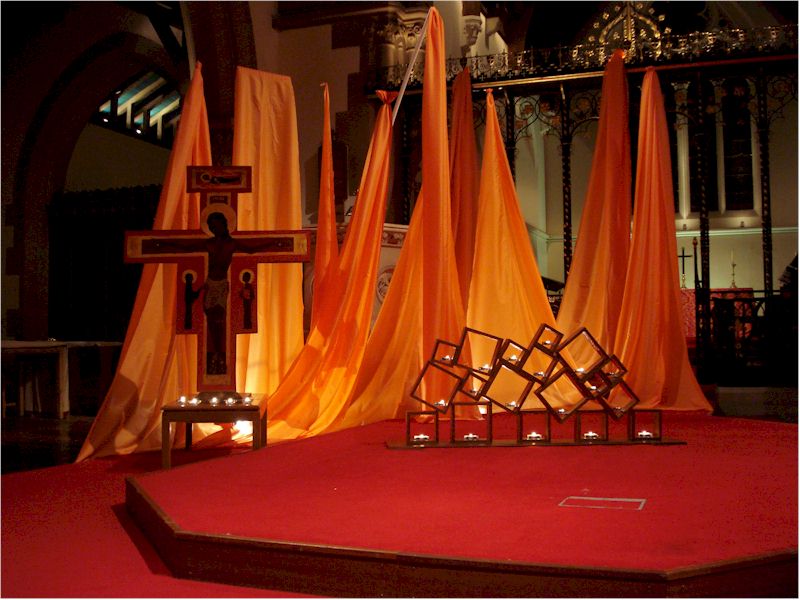





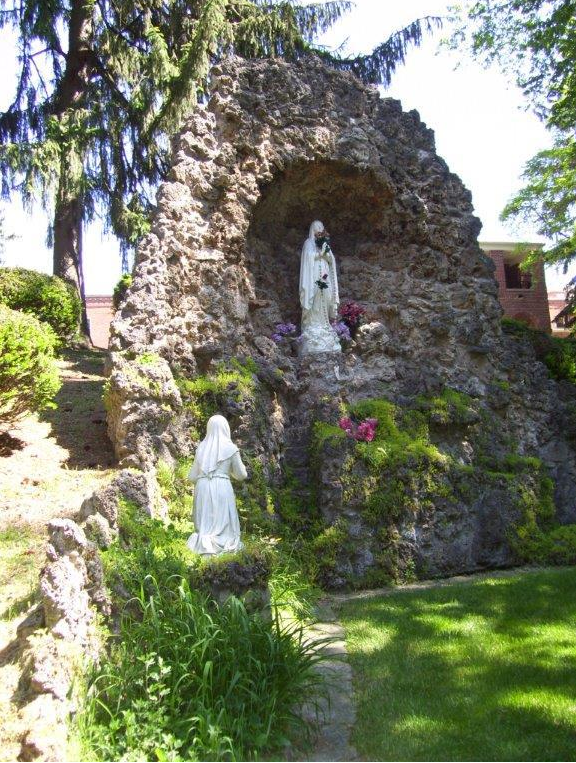
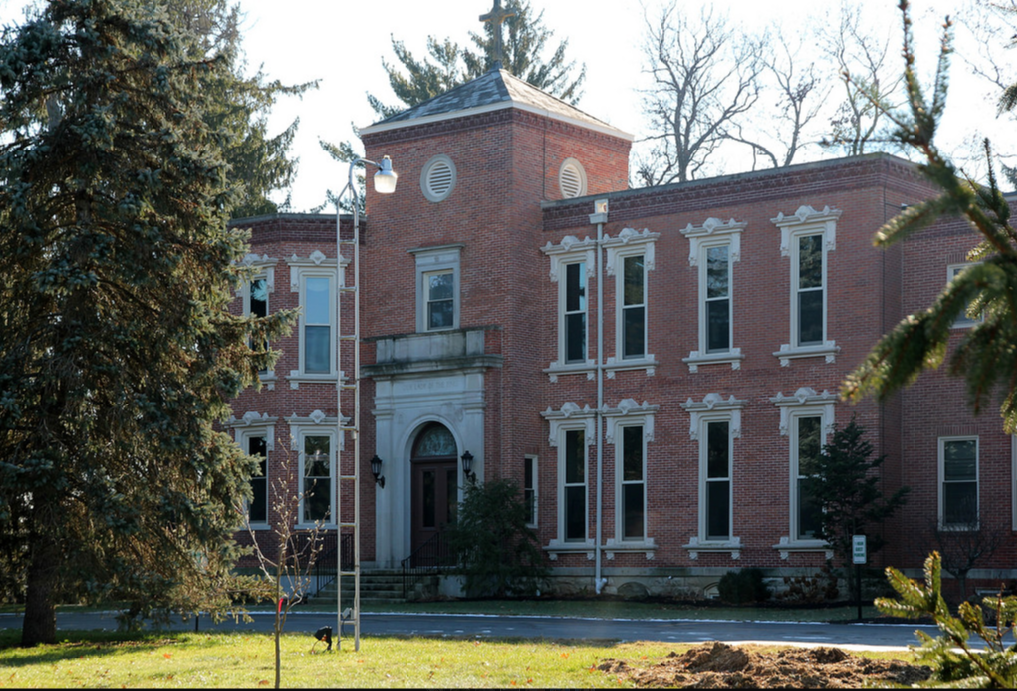
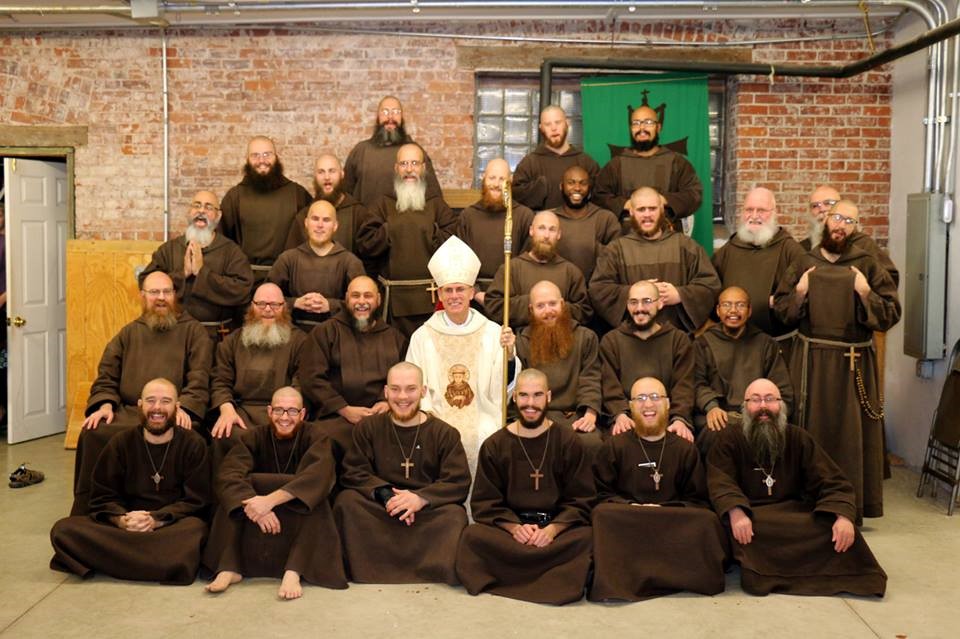
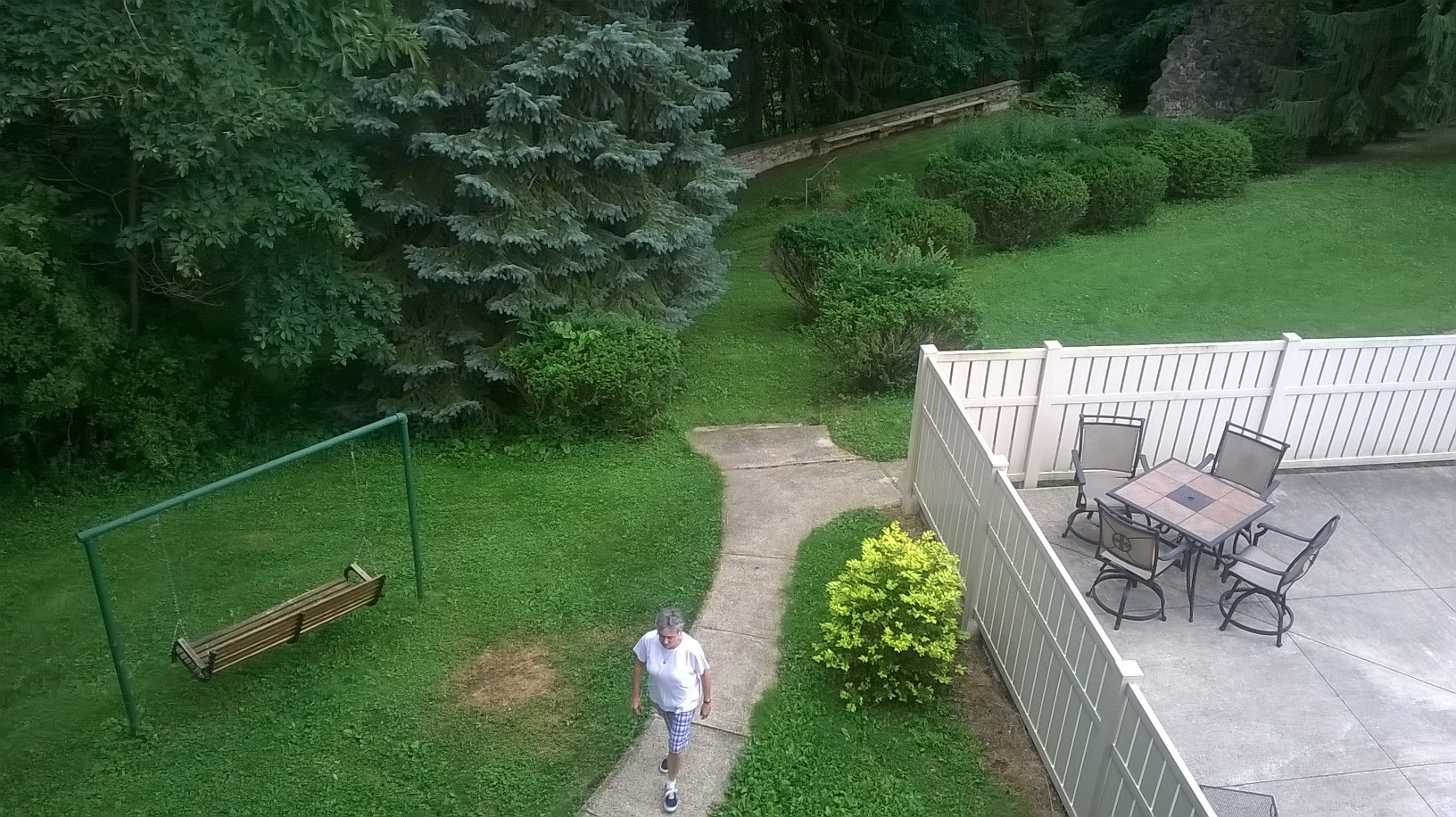
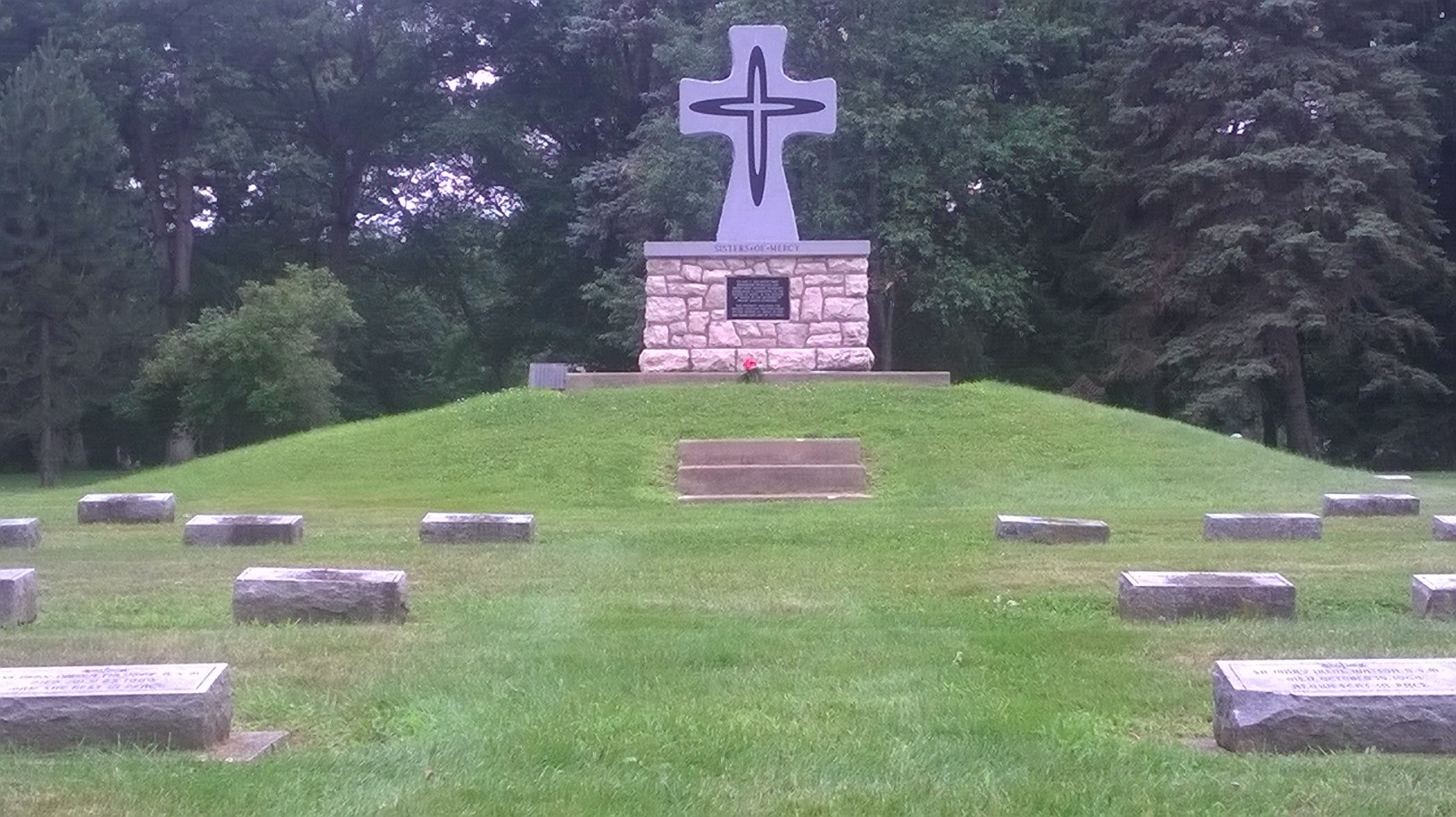
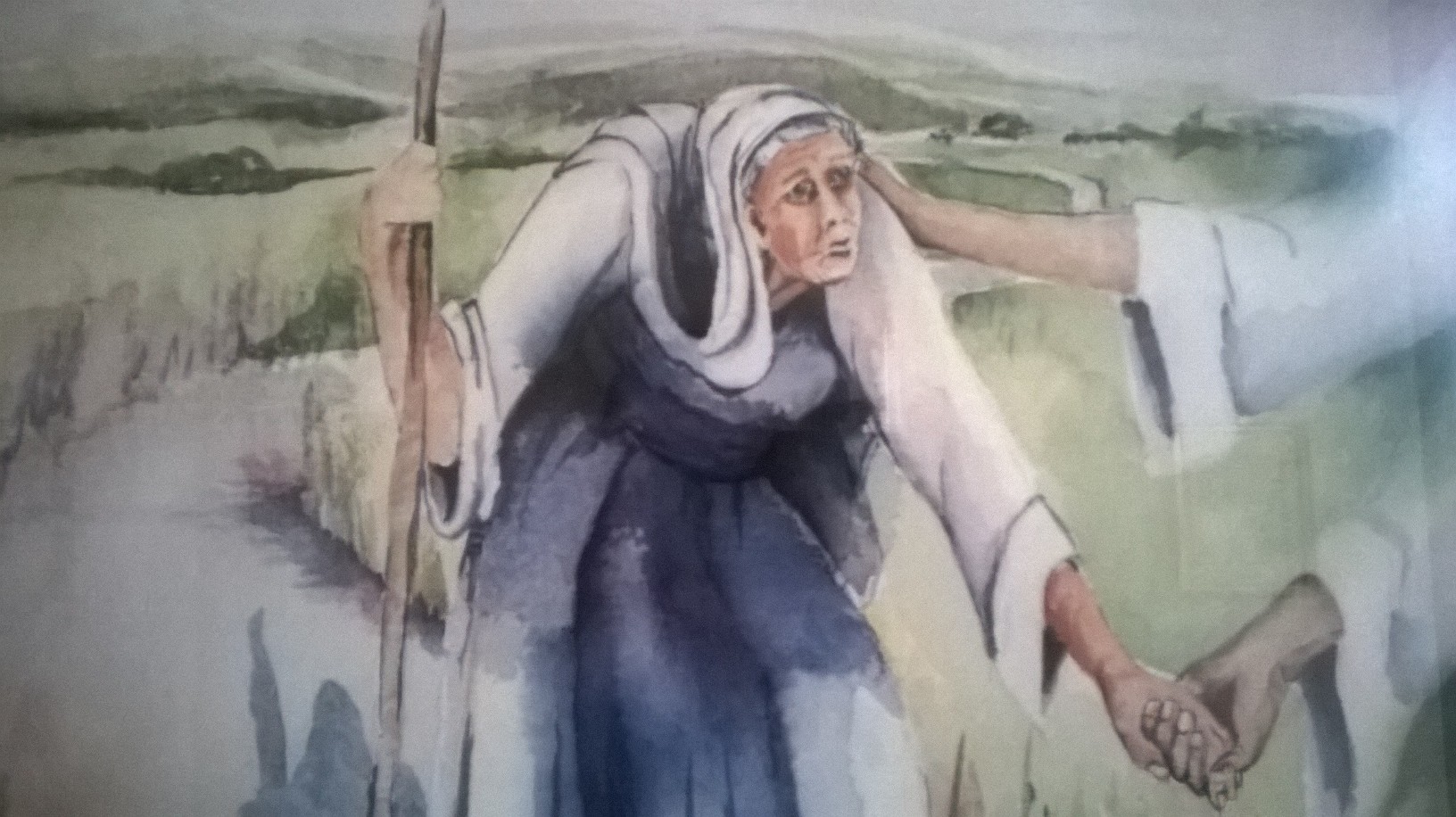
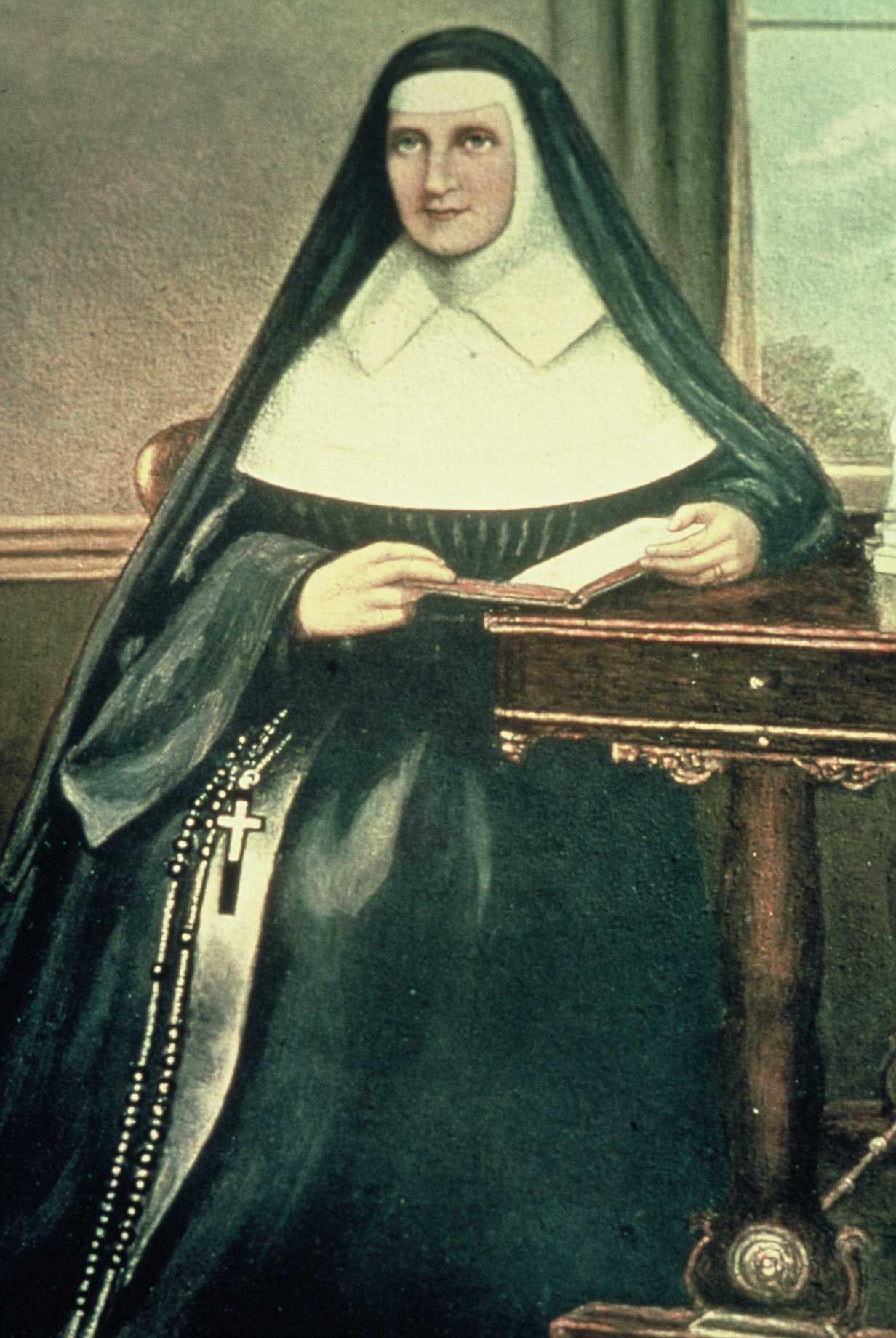
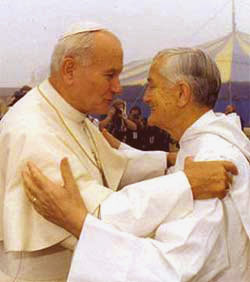
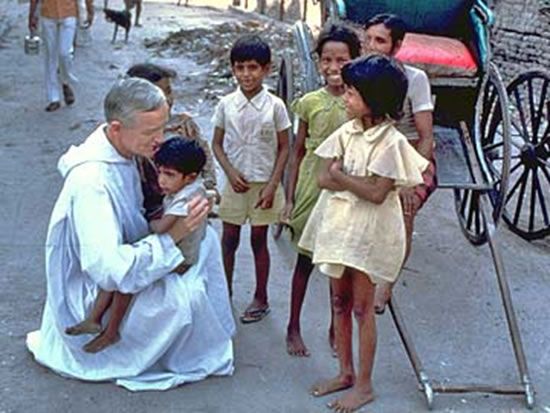
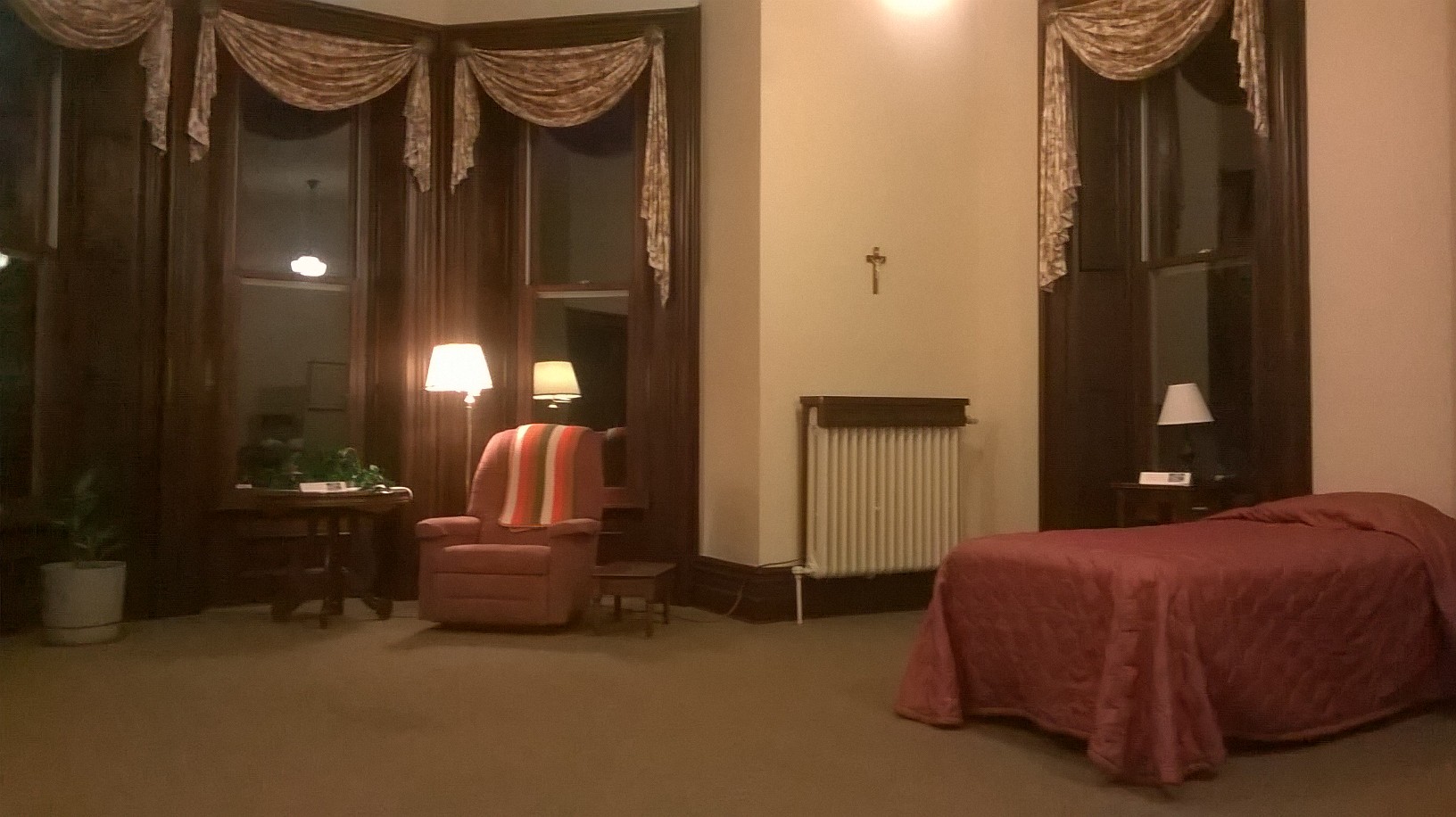
Recent Comments